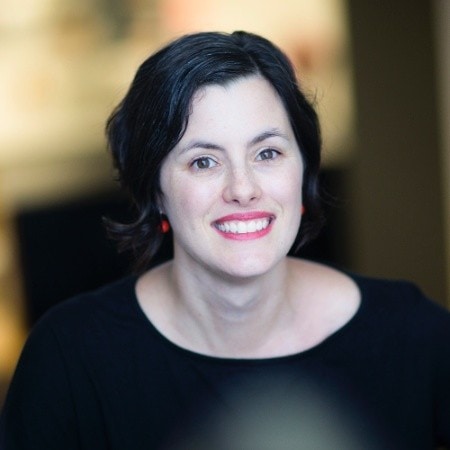
New biomarkers to predict treatment response in patients with high-risk aggressive breast cancer
Published: 05/11/23 8:33 AM

Amy McCart Reed
Project Description: Patients with aggressive breast cancers, including those with large tumours, high-grade triple negative or HER2 positive breast cancers are at high risk of treatment resistance and of the cancer returning after treatment, leading to poor survival outcomes. These patients often receive therapy before tumour removal (termed neoadjuvant therapy) aimed at reducing the size of the cancer prior to surgery. Currently, there are few biomarkers to predict which patients will respond to neoadjuvant therapy and those that will not, and response to neoadjuvant treatment is an indicator of patient outcome. This project, led by Dr Amy McCart Reed (University of Queensland), will use cutting-edge genomic techniques to identify markers of treatment response or resistance. The study also aims to identify the most effective genomic technology, for personalised medicine, to profile individual tumours to match patients with the best therapy.
Why the Work is Needed: Patients with more aggressive types of breast cancers are at a higher risk of treatment resistance and relapse leading to poor survival outcomes. Tailoring treatment to an individual’s tumour genetic profile is the key to matching the right treatment for the best outcomes, but it is currently hard to predict which patients respond to this type of treatment.
Expected Outcomes: Outcomes from this study will reveal new biomarkers of neoadjuvant (prior to surgery) treatment response. Additionally, a better understanding of responders and non-responders may lead to improved personalised treatment strategies for patients with aggressive and treatment resistant breast cancer with a high risk of returning after treatment.
Project Details
Breast cancer is the most common cancer diagnosed in Australian women and although most patients are successfully treated, there still a subset of patients with high-risk aggressive breast cancer that is difficult to treat, at a higher risk of treatment resistance and relapse and who experience poor survival outcomes. These patients often receive therapy before tumour removal (termed neoadjuvant therapy), aimed at reducing the size of the cancer prior to surgery. Currently, there are few biomarkers to predict which patients will respond to neoadjuvant therapy and those that will not, and response to neoadjuvant treatment is an indicator of good patient outcome.
With this NBCF support, Dr Amy McCart Reed from the University of Queensland will use cutting-edge genomic technologies to identify biomarkers of neoadjuvant treatment response. The team will analyse tumour samples previously collected from high-risk breast cancer patients prior to, and after receiving neoadjuvant therapy. Around half of this tumour cohort are from patients that responded to neoadjuvant treatment and the remainder did not (non-responders).
Outcomes from this study will reveal new biomarkers of neoadjuvant treatment response. Additionally, a better understanding of responders and non-responders may lead to improved personalised treatment strategies for patients with aggressive breast cancer with a high risk of returning after treatment.
This grant is aligned with the generous donations raised by the Mother’s Day Classic Foundation (MDC).